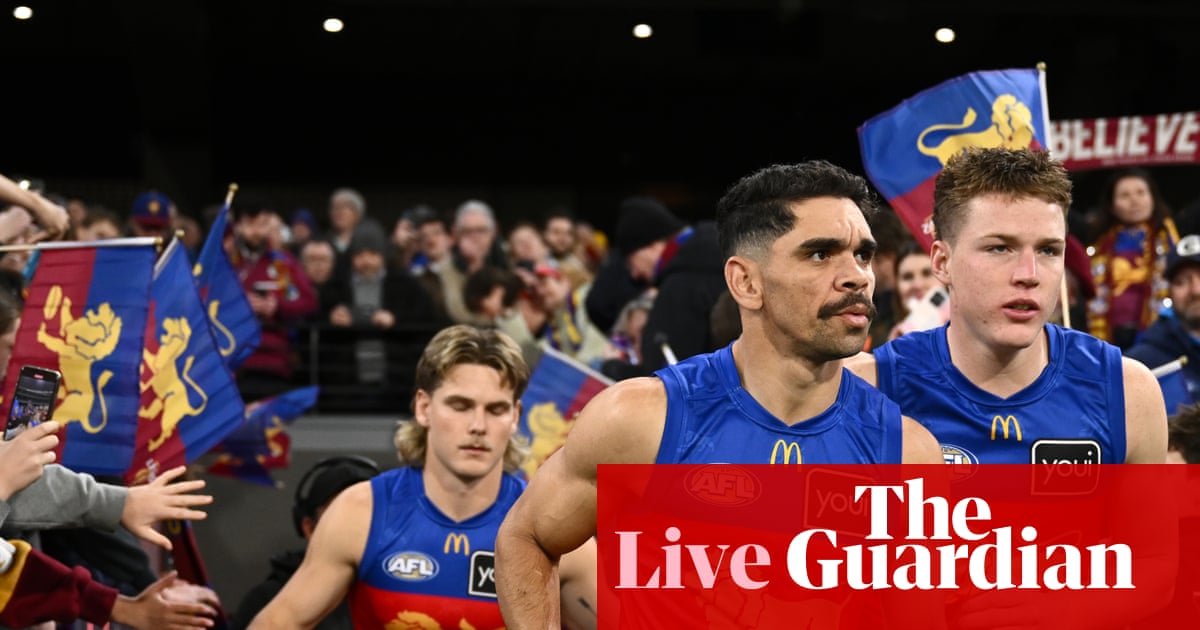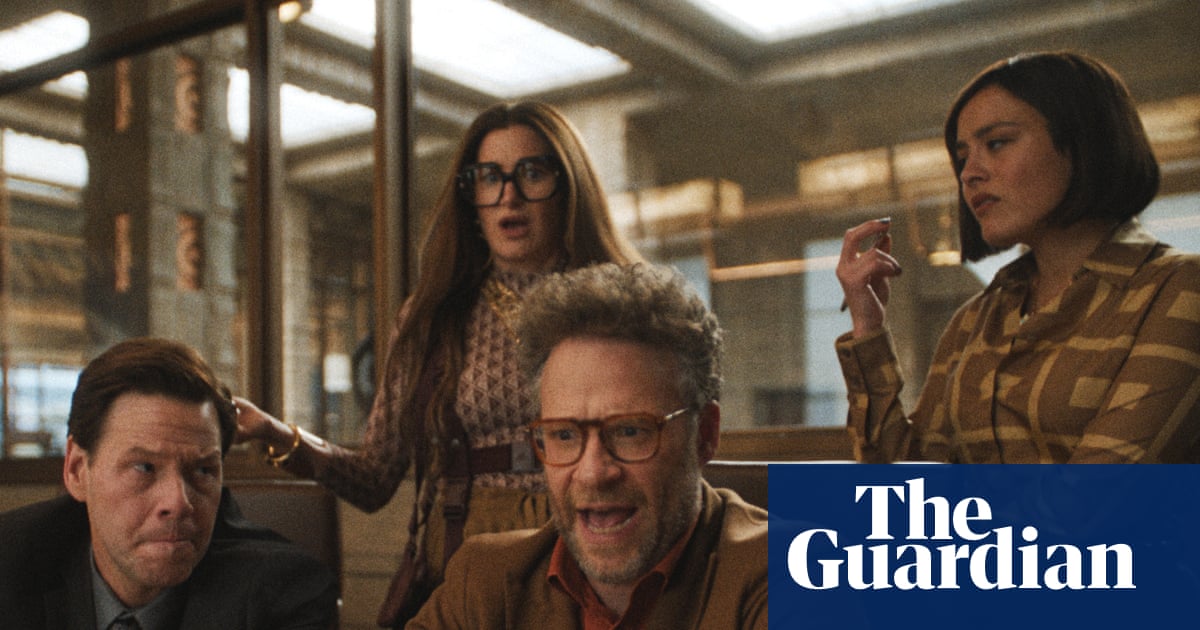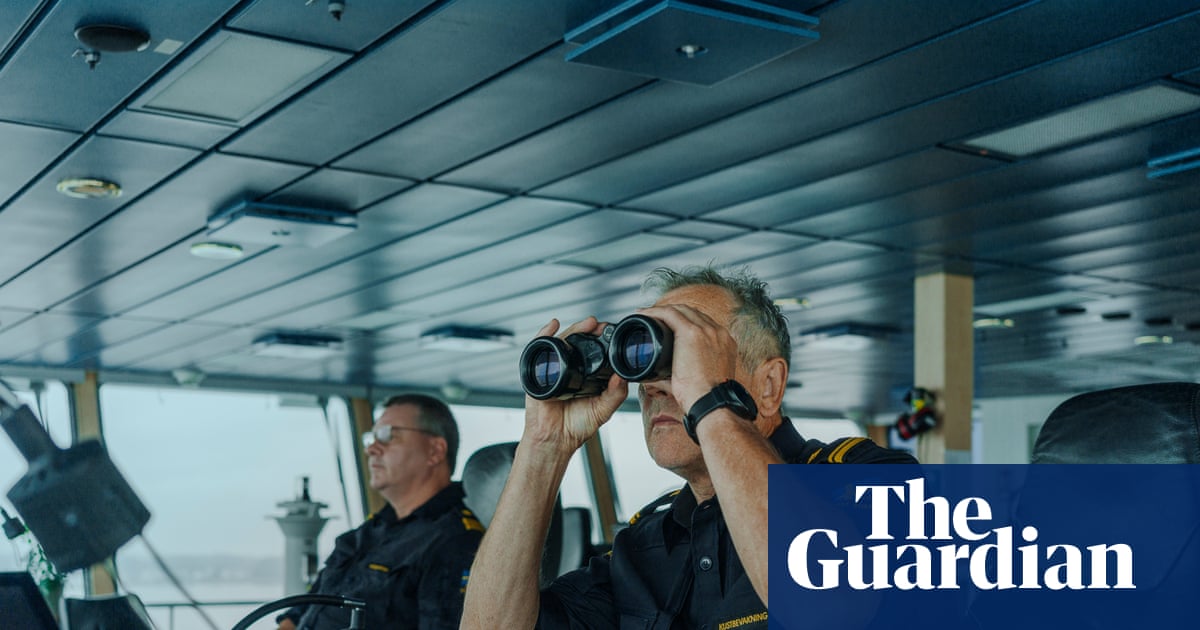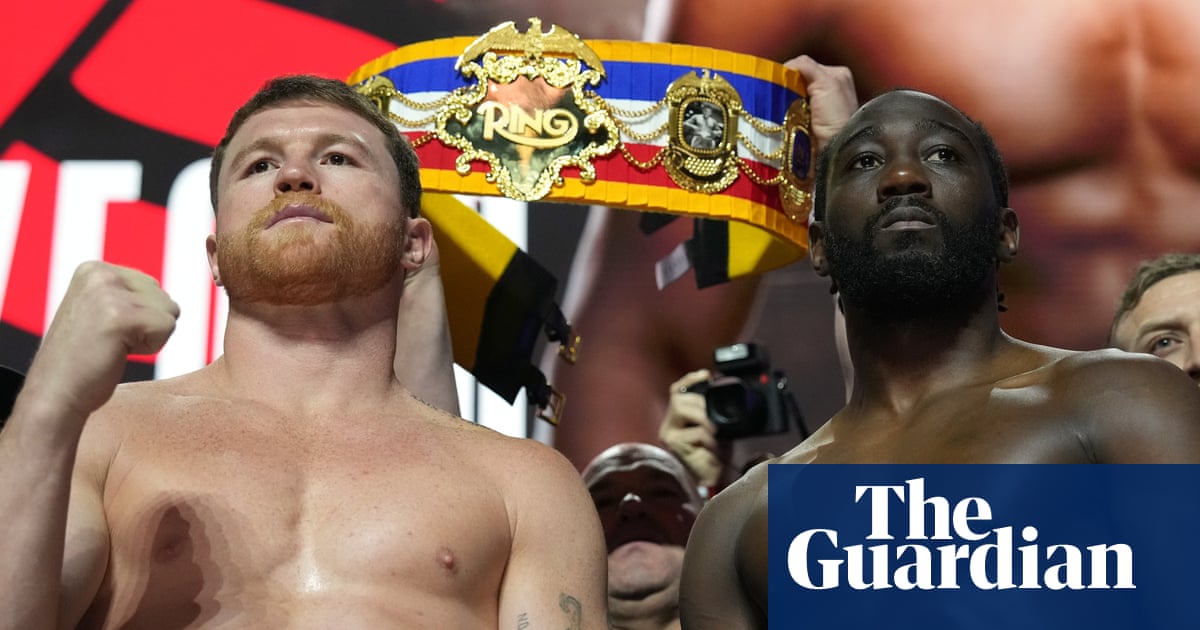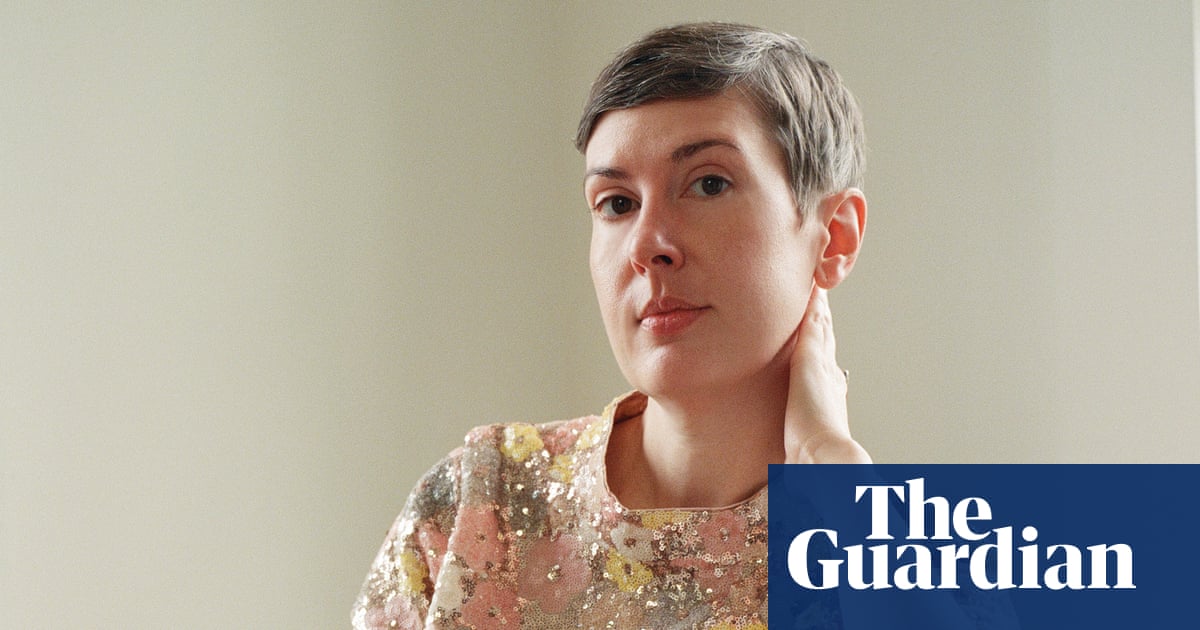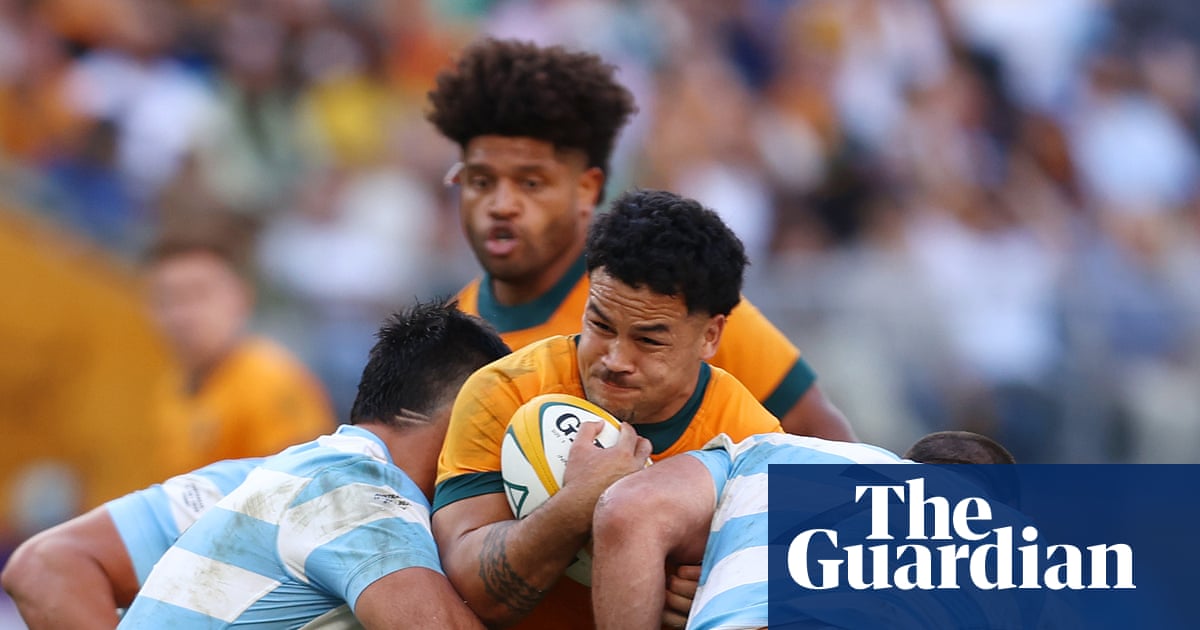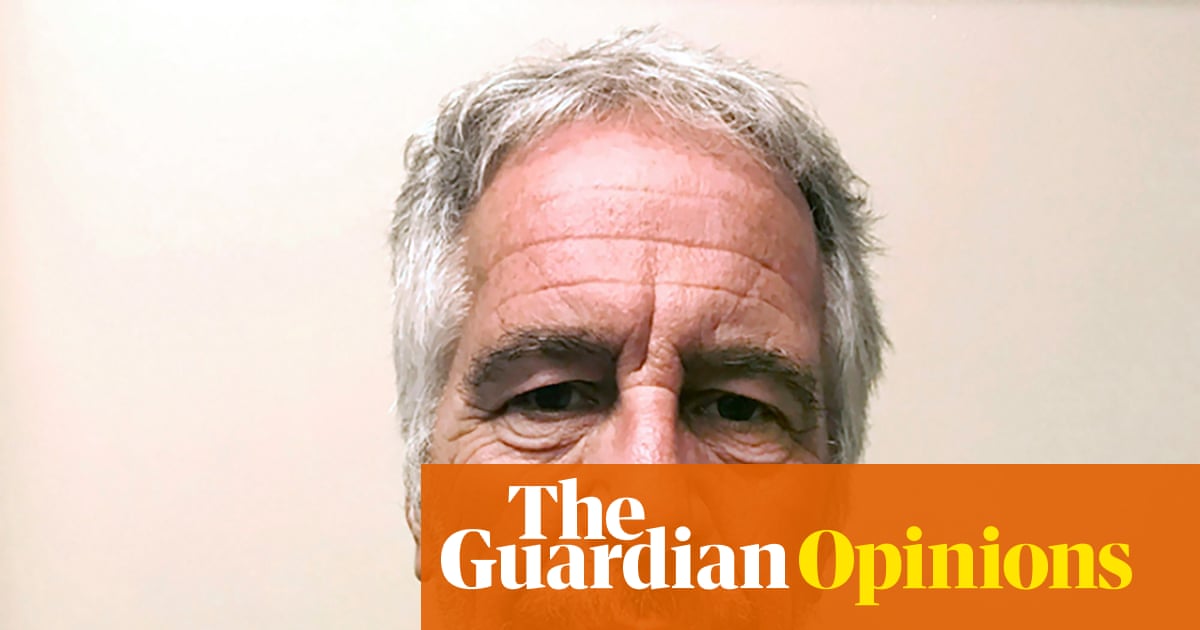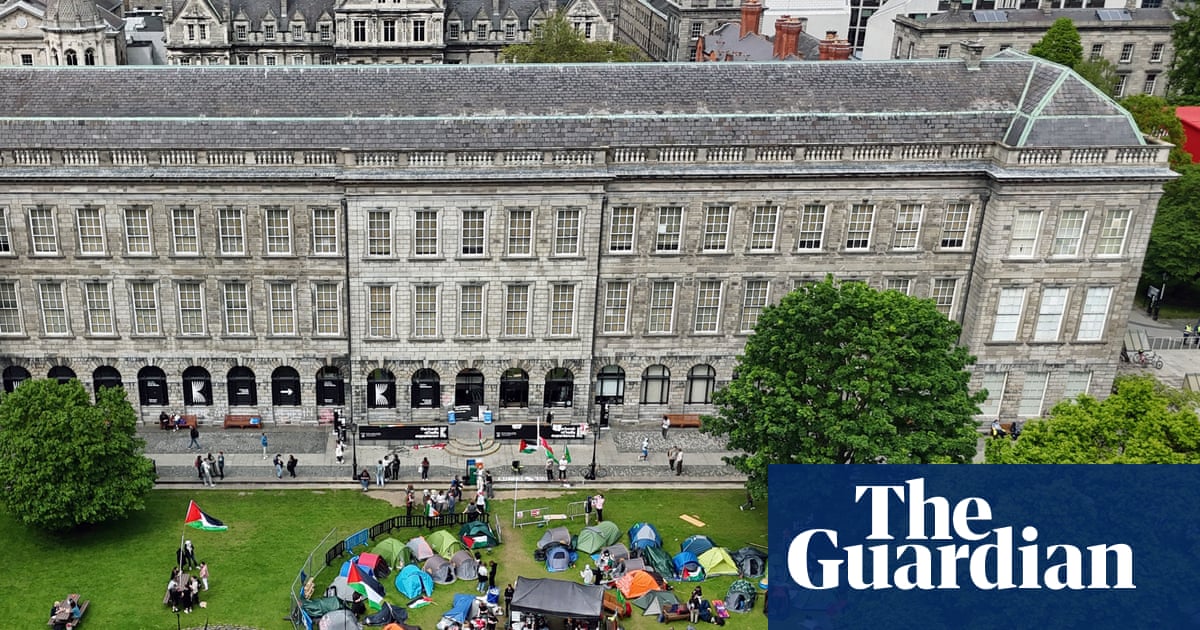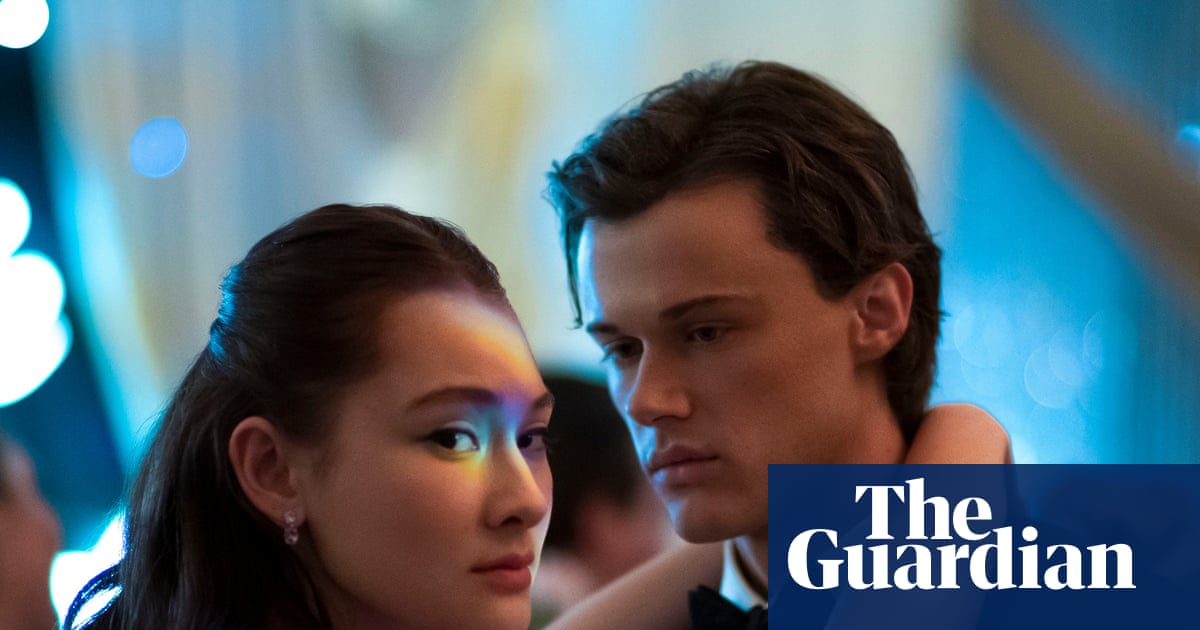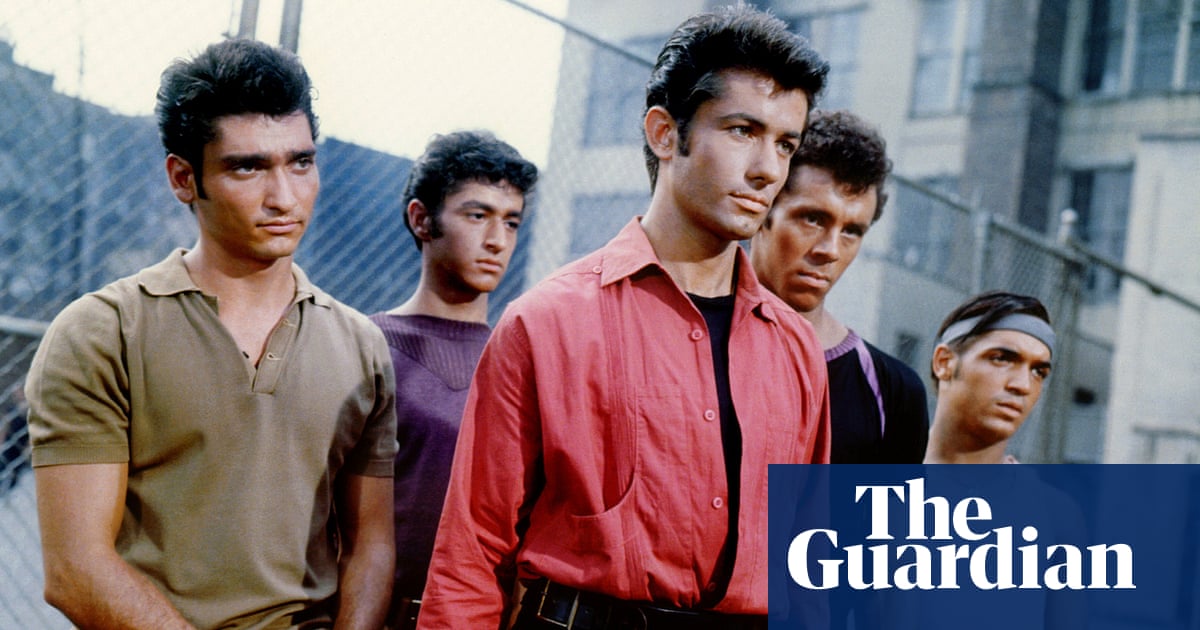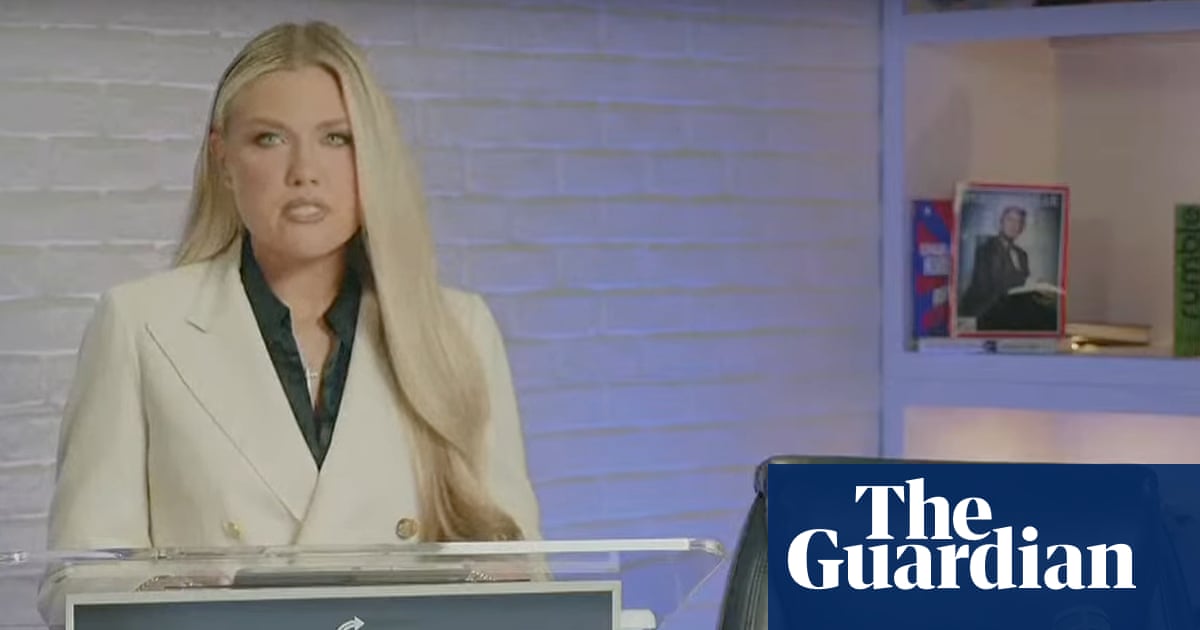It was the Beatles’ publicist Derek Taylor – who I met backstage at their first concert at the Hollywood Bowl – who first declared “Brian Wilson is a genius” as part of a [1966] publicity campaign. I knew that word would come back to haunt Brian and it did: from then on he was competing in a world of heightened expectations, but he did that very bravely all his life. He was basically forever competing against a previous version of himself, but as the great American beat poet Lewis MacAdams said: “If it’s not impossible, I’m not interested.” As for lyrics, you can’t beat “I’m a cork on the ocean” [in Til I Die] for a redux of thought from a Beach Boy. I will call that genius and I think the word does apply to Brian.
He had so many gifts. One of them was mutual empowerment. He brought out the best in everyone around him. In the studio, under great tensile strength, the things he could do with a piano, bass, and maybe a couple of guitars were like him entering a dark room and breathing light and life into it. He was a celebratory spirit with a dark coda on his life: the burden of some psychosis. I don’t believe that was caused by drugs. I think it was in his genes, but he had the ability to dig deep. He had a disciplined spiritual force and had sat on church pews and had learned musical lingos, had loved and absorbed everything from barbershop quartets to calypso to composers to Gershwin, was growing up when they coined the expression “Americana” and configured all this into a new kind of pop.
Equally, he was a positive social force while Rome was burning and certainly Vietnam was. People were being hosed down in Selma [Alabama, on civil rights marches] and there was panic and apprehension and assassinations, but against that backdrop we got the tonic of Brian Wilson’s music. I’m glad he didn’t see a state senator shot down to the ground this weekend.
In mid-1960s Laurel Canyon, I was very active and had played on stuff like the Byrds’ Fifth Dimension. David Crosby encouraged me to become a Byrd but I wasn’t strong enough to be that, but they were wonderful people and Roger McGuinn was a great lyricist. I did everything in my power to surround myself with superior talents and really found one in Brian. I can’t remember whether it was David or [Byrds’ producer] Terry Melcher or [talent agent] Loren Schwartz who introduced us, but I went over when they were working on Good Vibrations. I suggested the cello parts with triplets played arco [with a bow] that became part of the song’s signature, like the ruby slippers in The Wizard of Oz. I thought I might get taken on as an arranger or rather a musician trying to become an arranger, but that wasn’t the job Brian had for me at all. Suddenly I was a lyricist.
At that time, I knew nothing about Brian Wilson – I was a Beatles fan – and lyrics weren’t really my background. It’s possible that he’d heard my song High Coin [first recorded in 1965 by Rick Jarrard], which [psychedelic band] the Charlatans had done in San Francisco to very minor impact.
When I rode up to Brian’s poolside mansion in Beverly Hills on a motorcycle I was pulled over by a cop who asked me what I was doing in such a neighbourhood. He didn’t believe me so accompanied me to Brian’s front door. When Brian answered it turned out that the cop’s sister went out with Dennis [Wilson]. It was all smoothed over, but Brian asked me what I needed that would draw less attention. At the time, a Volvo was the safest car built. The next day I got a cheque with no conditions for $5,000, to buy myself a Volvo. I hardly knew this man, but sometimes good things happen on trust.
We wrote songs right there in his living room. The first was Heroes and Villains. Brian was the leader and came up with the melody and with it the required number of syllables. I started “I’ve been in this town so long that back in the city / I’ve been taken for lost and gone and unknown for a long long time / Fell in love years ago with an innocent girl from the Spanish and Indian home / home of the heroes and villains …” and never changed a syllable. I envisaged a country and western ballad – a story, kind of. It was a beautiful experience, one of the “eureka” moments of my relationship with Brian Wilson.
We came up with Surf’s Up in one night. We talked about how classical music had died and was being replaced by something else, and there were things to be discovered. I sat there with Brian as we were reinventing the song form. One of the things he did then was record in modular fragments – sections which would then be put together – as opposed to whole songs, a bit like the way people like Robert Altman were making movies.
I don’t know how much Brian consciously was trying to top Pet Sounds [1966] but he wanted out of the box. Placing his piano in a sand-box in his living room wasn’t an example of his craziness. It was both a pop art statement and his fantastic sense of humour. He’d wanted to drop the surfboard and progress so I mischievously suggested the title Surf’s Up. It was naughty … but how could his cousin Mike Love [Beach Boys singer/co-lyricist, who famously wasn’t always receptive to Wilson and Parks’s experimentation] argue with a title like Surf’s Up? I wanted to help Brian have a moment he deserved.
The lyrics were inspired by an artist called Frank Holmes, whose pictures interested me so I tried to adhere to them. “Columnated ruins domino, canvas the town and brush the backdrop / Are you sleeping?” The lyrics are inadvertently about a man who attends a concert and has an epiphany. We did a whole bunch of songs and Frank [who subsequently did the cover art] can testify that I suggested the title Smile for the album.
During the recording sessions Brian dominated the piano. Musicians would come and go, but Carol Kaye [bass] was very important. Elegant and swell, the only female on that set and she played on so much stuff. Dennis [Wilson] was nice to me and Carl [Wilson] knew what Brian was up against so was inclined to promote his brother’s search for freedom, but Brian had to fight to make an album at his own expense and the group felt threatened or diminished, maybe. I walked away. [Wilson pulled Smile, which – although some tracks emerged – became a “legendary lost album”. He withdrew further into drug use.]
A few years later I was in a Warner Brothers meeting about the Beach Boys’ Holland album [1973], which they said was unreleasable without Brian. Mo Ostin [chief executive] said to me: “Can you get Brian?” I went over to his place with my cassette recorder and came up with a few notes, the words “Sail on, sail on sailor” and the title Sail On Sailor. It got him outta bed. We sent the tape to the Beach Boys [who recorded it for Holland]. I take no further credit for the song, which was sweet, desperate and elevating, but it put me in the position of being an effective agitator.
We reunited again for [Parks’s 1995 solo album] Orange Crate Art, which reignited Brian’s recording career. It was my last record for Warners and I was infatuated with the word “orange”, because of its associations with Florida and California. He was sitting in a beach home, looking at a television that wasn’t on, but I so wanted him to sing the word “orange”. He came to the studio and when I got him in front of a microphone he suddenly asked me: “Why aren’t you singing this song?” I said: “Quite frankly Brian, I just don’t like the sound of my own voice,” and quick as a flash he said: “I don’t blame you.” That was Brian: dry as bones. When he became lead vocalist it was different to the 1960s because of whatever had happened to him and he was singing parts that I dictated. It sank without a trace, but it was a step forward – he realised he could get out of the tomb.
Working together again on Brian Wilson Presents Smile [2004, the album as it was originally intended] was more of a long-distance love. I didn’t have the chance to socialise with him at that time, but did some audio intervals, played some parts and so on. I went to the triumphant Royal Festival Hall show [2004] where he performed the Smile songs and my only regret is that my parents weren’t alive to see the joy those songs generated.
Brian and I stayed in touch. My wife Sally and I were close to Brian and both of his wives. Our friendship spanned decades and his various associations and casts of characters. Losing him is so tough and leaves a vacuum, but Brian bloomed where he was planted and his music documented an America that no longer exists. He moved mountains. He changed the language. He treated me kindly when he didn’t need to and when people say his music is astonishing, I agree.

 2 months ago
45
2 months ago
45
